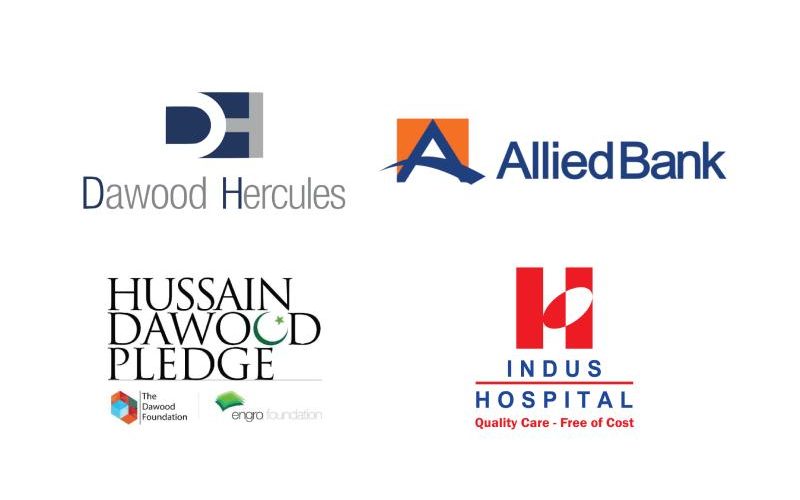THE DAWOOD FOUNDATION AND ALLIED BANK PARTNER TO ESTABLISH HIGH DEPENDENCY UNIT AT THE INDUS HOSPITAL FOR COVID-19 PATIENTS
The Dawood Foundation, the charitable arm of the Dawood Hercules Group, and Allied Bank Limited have announced a partnership to commit PKR 18.7 million for the establishment of High Dependency Unit (HDU) at The Indus Hospital, Karachi, to enhance COVID-19 patient care and facilities.
The Dawood Foundation and Allied Bank Limited will be making an equal contribution of PKR 9.35 million for this initiative. Under this project, The Indus Hospital will use the financial assistance to set up and operationalize a 20-bed, dedicated HDU facility with medical equipment. The project will help to enhance the capacity of tertiary care for COVID-19 patients in Sindh, which accounts for more than 40 percent of the country’s confirmed virus cases.
In June, HDU facility at Nishtar Medical University & Hospital, Multan, was also setup under the PKR 1 billion pledge of Mr. Hussain Dawood, Chairman of Engro Corporation and Dawood Hercules Corporation. The Hussain Dawood Pledge is extending COVID-19 relief efforts in the four focus areas of disease prevention, protecting and enabling healthcare practitioners and other key workers, enabling patient care and facilities, and bolstering livelihoods and sustenance of the most deserving in society.
Allied Bank has also proactively supported the government and society to address the impact of this pandemic through provision of immediate relief to deserving families. The Bank conducted food distribution drive in different parts of the country in collaboration with multiple NGOs and also provided direct financial assistance to the country’s leading hospitals and medical centres for arranging diagnostic kits, Personal Protective Equipment (PPE), research and allied health care facilities.
According to Sabrina Dawood, Chief Executive Officer of The Dawood Foundation, “We are pleased that our partnership with The Indus Hospital is now entering a new phase, from promoting testing and diagnostics to enabling improved patient care. By establishing HDU’s to improve critical patient care in different parts of the country, we aspire to bring better healthcare facilities within the reach of wider society and save precious lives.”
Allied Bank CEO Mr. Tahir Hassan Qureshi said that, “In these challenging times, Allied Bank has remained committed to provide support and assistance to major hospitals of the country. Indus Hospital has been at the forefront of providing immediate healthcare to COVID-19 patients and I hope this contribution will help and assist the communities who need it the most during this pandemic.”
Dr. Abdul Bari Khan, CEO of Indus Hospital, added that, “As Pakistan continues to fight COVID-19, it is essential that we focus our efforts on improving critical patient care facilities and support the public healthcare system. This program to setup HDU is a welcome step in this regard and we look forward to this new chapter in our collaboration with the Dawood Hercules Group and Allied Bank.”




